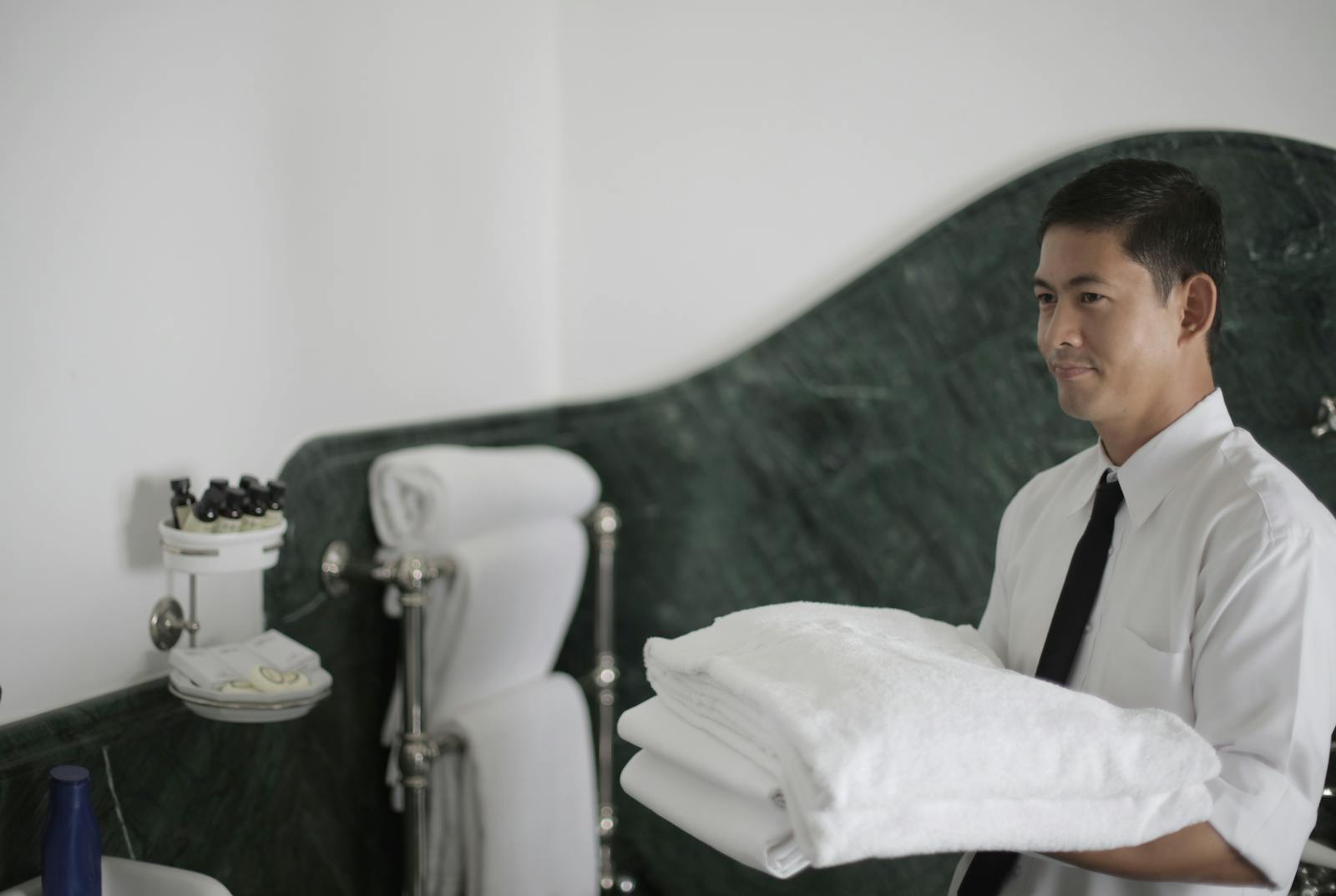The Intricate World of Domestic Staffing at the White House: A Model for Exclusive Households
The White House functions as more than the seat of American governance; it serves as a living home for the nation’s First Family. Behind its iconic façade lies a robust ecosystem powered by a dedicated Residence Staff. These individuals, often overlooked, are the very essence of the White House, providing the continuity and comfort that First Families reminisce about long after their tenure has ended.
Hybrid Nature of Staffing
Navigating the labyrinthine staffing landscape of the White House reveals a fascinating blend of public and private undertakings. While some Presidents may command significant personal wealth, allowing for expansive domestic staffing, the majority of roles are a delicate interplay of public and private funding. Taxpayers foot the bill for essential public functions, whereas the more intimate aspects of White House living, such as personal valets and wardrobe management, often come out of private coffers.
Role-Specific Funding
The demarcation between publicly and privately funded roles adds an additional layer of complexity to domestic operations. Culinary staff, for instance, are taxpayer-funded, not for gourmet pursuits but for security reasons. Meanwhile, the President is expected to pay for the food consumed by his family and personal guests. Special events, such as State Dinners or Medal of Honor ceremonies, have their specific funding protocols, adding another facet to this intricate system.
Intricacies of Funding in Special Events
The complexity doesn’t end there. Each event hosted within the White House has its own unique set of financial arrangements. Whether it’s a Medal of Honor ceremony funded by the relevant military branch or a sporting celebration where the President or external organisations cover the costs, the rules of engagement are specific and predetermined.
Duties and Responsibilities
The detailed segmentation of funding sources also influences the duties and responsibilities attributed to each staff role. The nuance here is pivotal; for example, the roles and duties of upstairs maids, butlers, and valets vary according to who is financing them. This segmented approach ensures an effective, smoothly operating household without overstepping any boundaries.
Specialised Staff and Workshops
Beyond the public eye, the White House harbours a wealth of specialised roles and workshops. Electricians, carpenters, and even calligraphers operate mostly on the taxpayer’s dime but have the ability to bill specific expenses to private entities when required. The Chief Usher, a particularly vital role, oversees the entire domestic operation and serves as the ultimate facilitator, irrespective of political affiliations.
The Complexity of Operations
The complexity escalates when considering roles staffed by a single taxpayer-funded individual. Should the need arise for additional staff in the same role, these extra personnel are covered privately, either by the President or other organisations, underscoring the intricate mosaic of staffing arrangements.



